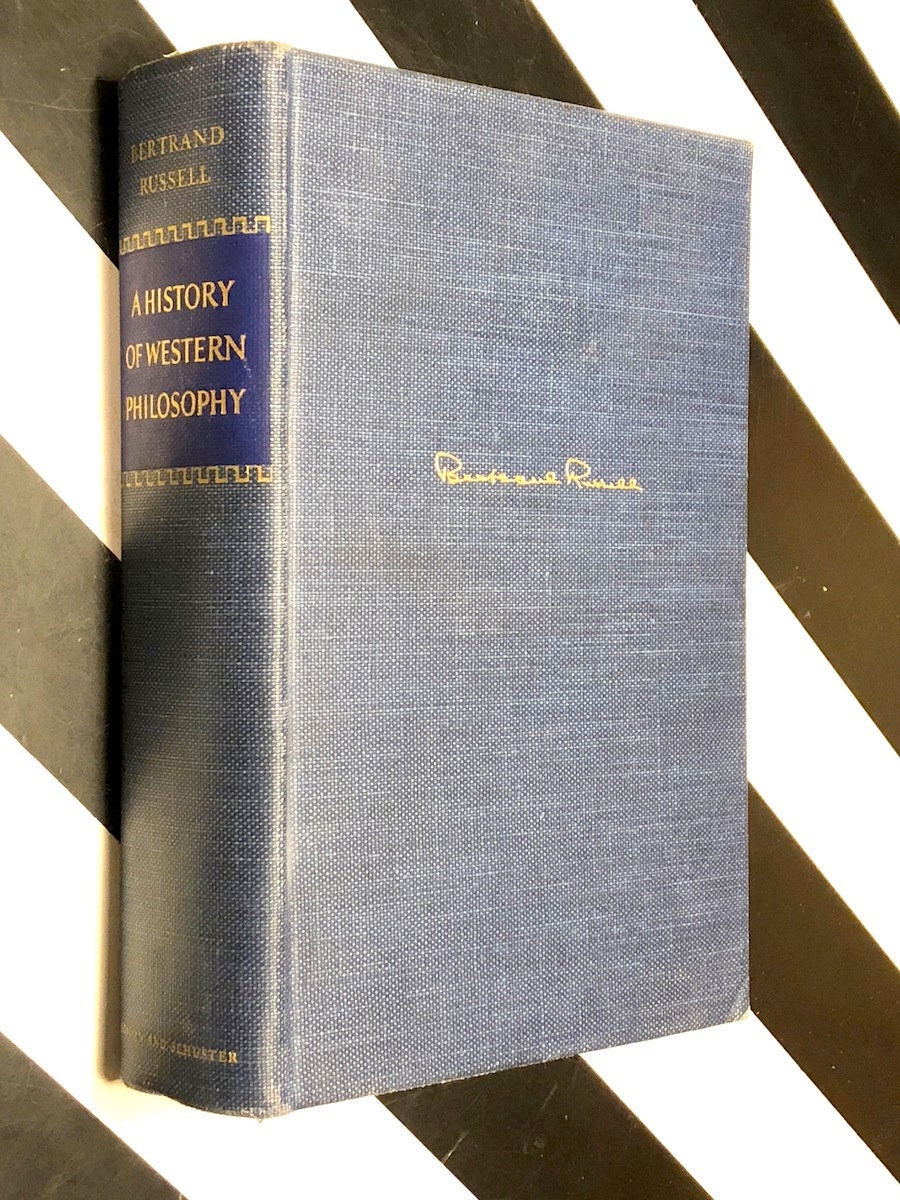
He praises Aquinas’ deft synthesis of Aristotelianism and Christianity, as well as its originality, noting that in his day he was considered a “bold innovator”, whose doctrines were condemned by the universities of Oxford and Paris. This, like a lot of Russell’s criticisms of philosophers he disagrees with, is unfair, inadequate, and misleading, resting on very basic misconceptions, and I want, in this blog post, to briefly argue so.įirst, however, it ought to be said that Russell does not only have negative things to say about Aquinas – on the contrary, he makes a point of listing a good number of positive elements of his philosophy. I cannot, therefore, feel that he deserves to be put on a level with the best philosophers either of Greece or of modern times. The finding of arguments for a conclusion given in advance is not philosophy, but special pleading. If he can find apparently rational arguments for some parts of the faith, so much the better if he cannot, he need only fall back on revelation. Before he begins to philosophize, he already knows the truth it is declared in the Catholic faith. He is not engaged in an inquiry, the result of which it is impossible to know in advance. He does not, like the Platonic Socrates, set out to follow wherever the argument may lead. There is little of the true philosophic spirit in Aquinas.

His bestselling book A History of Western Philosophy (which was cited as one of the reasons for his 1950 Nobel Prize in Literature) contains a short chapter in which he examines St Thomas Aquinas’ life and work, concluding with the following, damning remark: Bertrand Russell was one of the most prominent philosophers of the 20 th century, and an outspoken skeptic.


 0 kommentar(er)
0 kommentar(er)
